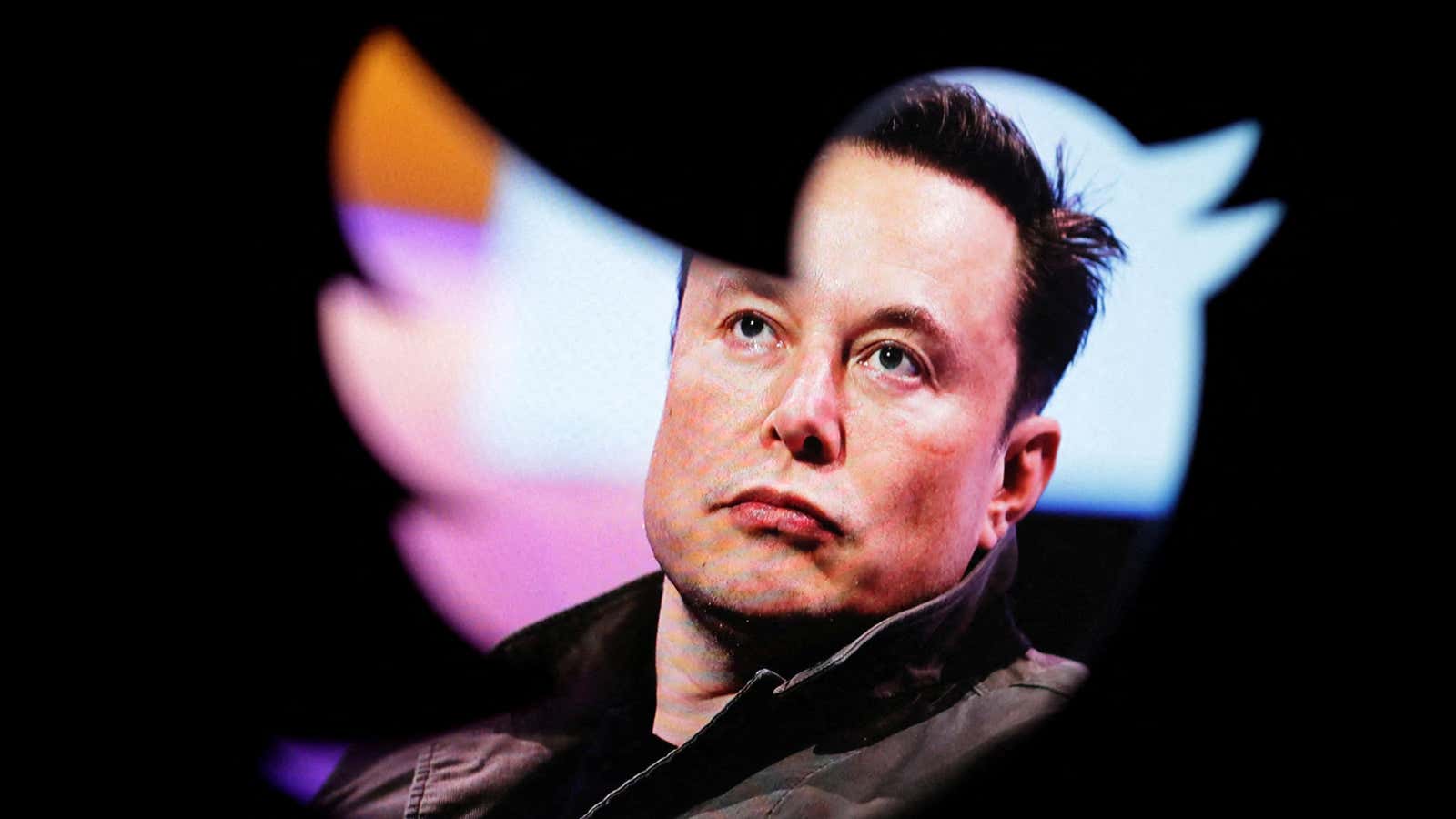Twitter is once again embroiled in a free-speech debate over repressing Indian voices on the global platform.
Last week, Twitter withheld tweets by an Indian journalist Saurav Das, dating back to November 2022. These tweets were blocked worldwide “in response to a legal demand,” Twitter claimed. In the censored tweets, Das had merely quoted remarks that Amit Shah, India’s home minister, had made about the judiciary.
Das does not remember the exact context of the tweet, according to a report in the daily newspaper The Hindu. Twitter did not inform him about the action, he added. Dissatisfied with a sketchy response to his right to information (RTI) plea seeking reasons, he is considering legal action against Twitter.
The global ban on Das’ tweets are particularly significant because Twitter usually responds to government or court demands to withold tweets by restricting them only within the territory where such laws apply. This new move is also further contradiction of Elon Musk’s high-minded championing of freedom of expression on Twitter. When he bought the company, Musk hailed it as a “digital town square, where a wide range of beliefs can be debated in a healthy manner.”
India, home to the world’s second-largest internet population, is a key overseas market for Twitter and many other US technology firms, all of which are eager to comply with government demands so that they can remain in the country. Twitter has frequently suspended accounts and posts in the past; as recently as January when the platform blocked links to a BBC documentary that was critical of prime minister Narendra Modi.
India’s freedom of expression is eroding
Over the past few years, India has witnessed numerous attempts to stifle press freedom and free speech, ranging from the arrest of journalists, amendments to the RTI Act, and the establishment of a government-run fact-checking unit to “verify” government-related content on social media.
India’s RTI Act—a law akin to the US’ Freedom of Information Act, allowing citizens to access government records—is also under threat, due to a 2022 bill. If it is passed by India’s parliament, it will allow the government to deny information to the people in the name of privacy, experts have pointed out.
Since 2014, when Modi became prime minister of India, the country has slipped on the World Press Freedom Index. From 140 out of 180 countries in 2014, it slid to 150 last year.
What does Musk think about India’s free speech rules
Twitter was the focus of Indian government attention long before Musk bought the company. In 2021, for instance, the Delhi police, controlled by Modi’s government, raided Twitter’s offices after the platform labelled a tweet by a spokesperson of the ruling Bharatiya Janata Party as “manipulated media.”
The tweet had claimed that the Congress, India’s leading opposition party, was using a “toolkit” to debunk the government’s efforts against the Covid-19 pandemic.
Under Musk, though, Twitter has increasingly complied with the Indian government’s requests to block content. On Apr. 12, in an interview with the BBC, Musk admitted that Twitter often censors content in India to comply with the country’s “extremely strict” social media rules.
“If we have a choice of either our people go to prison or we comply with the laws, we’ll comply with the laws,” Musk said. “We can’t go beyond the laws of a country.” Twitter cannot offer the same protections of speech to Indian users that it does in the US and other Western countries, Musk added.
